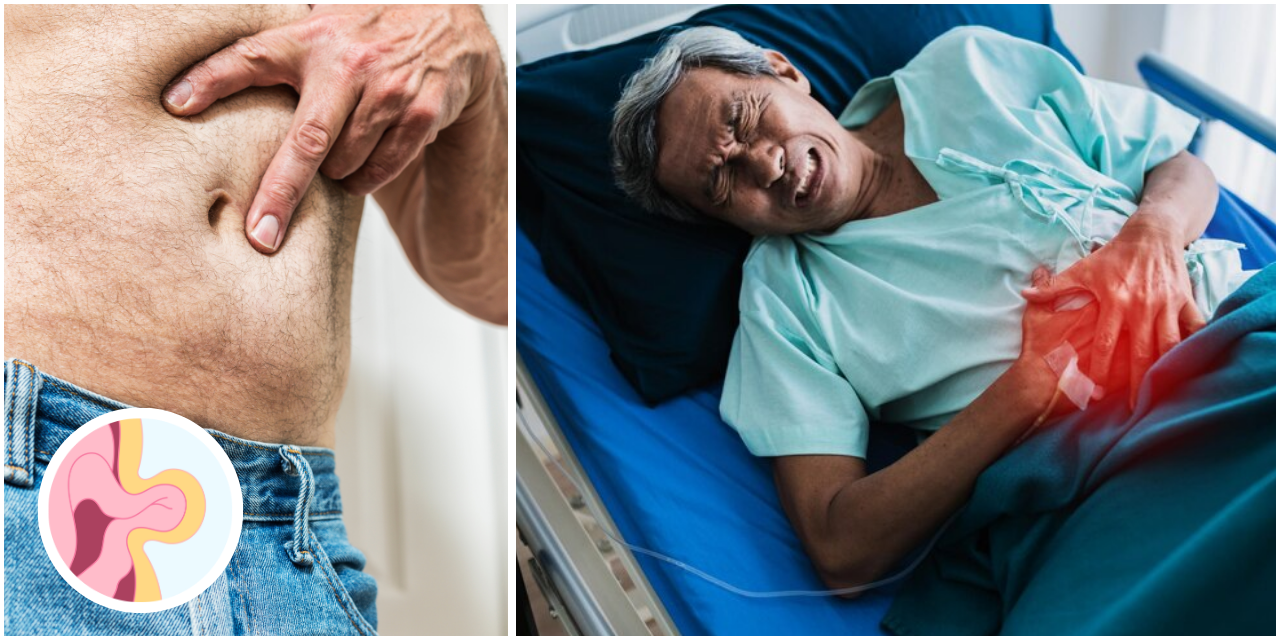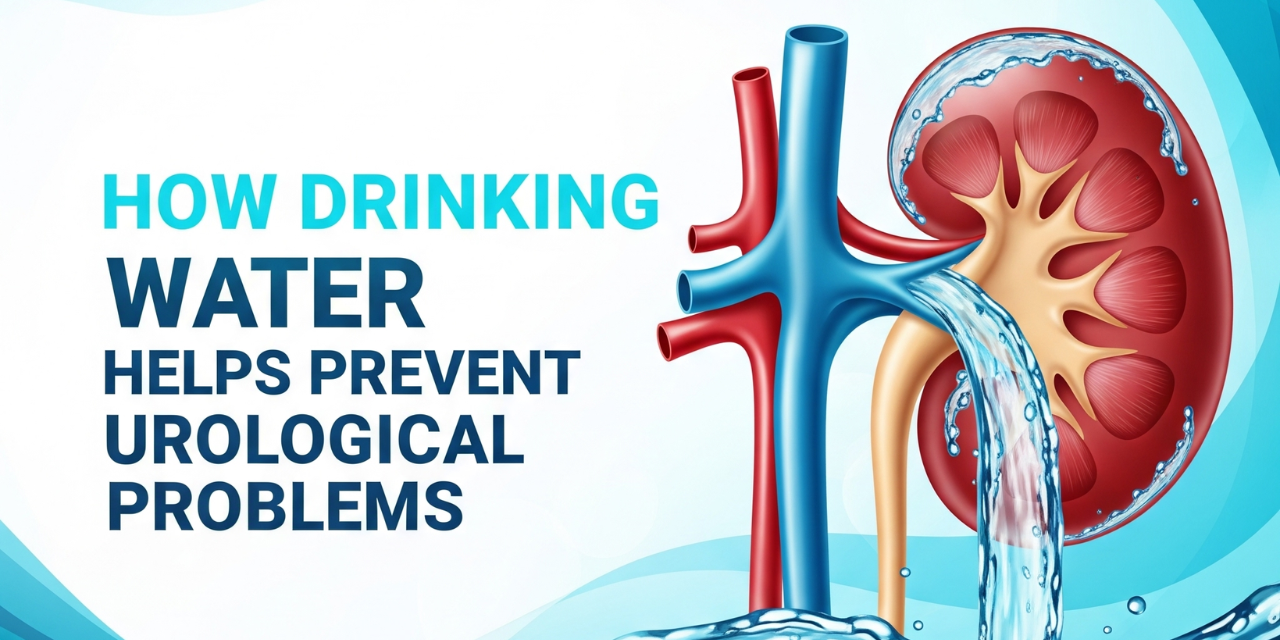Hernias are common medical conditions where an internal organ or tissue bulges through a weakened area in the muscle or surrounding tissue. Although some hernias cause minimal discomfort, ignoring the signs of a potential hernia can lead to serious complications. In many cases, hernia surgery is required to prevent these complications from worsening.
In this article, we’ll discuss the key signs that may indicate you need hernia surgery and why you should consult a healthcare professional as soon as possible.
Signs You May Need Hernia Surgery
Recognizing the symptoms of a hernia is essential for preventing complications. Here are the top indicators to watch for:
A Visible Bulge or Lump One of the first and most noticeable signs of a hernia is a visible bulge or lump in the affected area, usually in the abdomen or groin. The bulge may become more noticeable when you cough, b end over, or engage in physical activity. While a hernia may not be painful at first, it is essential to get it evaluated by a doctor to determine the severity and whether surgery is necessary.
Pain or Discomfort Hernias can cause pain, discomfort, or a dull ache, particularly when performing activities that place strain on the body, such as lifting, coughing, or even laughing. If the hernia is growing or becoming more pronounced, the pain may become more persistent or sharp, indicating that the condition may require surgical intervention.
Nausea and Vomiting In cases where the hernia becomes strangulated — a more severe form of hernia where the blood supply to the herniated tissue is cut off — symptoms like nausea, vomiting, and inability to pass gas can occur. This is a medical emergency, as strangulated hernias can lead to tissue death and other life-threatening complications. Immediate surgery is usually required in these situations.
Difficulty Moving or Lifting If you are experiencing difficulty with everyday tasks, such as lifting, bending, or moving without pain, it could indicate that the hernia is putting pressure on surrounding tissues or organs. This pressure can cause restricted movement and discomfort, signaling the need for medical intervention.
Increased Size of the Bulge Hernias can gradually enlarge over time. If you notice that the bulge in your abdomen or groin is getting bigger or changing in size, this could be a sign that the hernia is worsening. A growing hernia may put pressure on surrounding organs and tissues, which could lead to more severe symptoms, including pain and digestive issues.
Abdominal Discomfort or Bloating Some people with hernias experience chronic abdominal discomfort or bloating. This is particularly common with hiatal hernias, where part of the stomach pushes through the diaphragm. Bloating, indigestion, or a feeling of fullness may be related to the hernia pressing against the digestive tract.
Methods of Hernia Surgery
When a hernia requires surgery, there are two primary methods for repairing it: open surgery and laparoscopic (minimally invasive) surgery.
- Open Surgery
In open surgery, the surgeon makes an incision near the site of the hernia to access the affected area. The protruding tissue is pushed back into place, and the weakened muscle or tissue is repaired, often using a mesh to strengthen the area. Open surgery is a traditional method and is often used for larger hernias or when laparoscopic surgery is not suitable. - Laparoscopic Surgery
Laparoscopic hernia surgery is a minimally invasive technique where small incisions are made, and a camera (laparoscope) is inserted to guide the surgeon. Through these small incisions, the hernia is repaired using specialized instruments. This technique typically leads to quicker recovery, smaller scars, and less post-surgical pain compared to open surgery.
Conclusion
A hernia is a condition that shouldn’t be ignored, especially if you’re experiencing symptoms such as pain, visible bulging, nausea, or bloating. Early intervention and hernia surgery in Patiala can help prevent further complications and improve your quality of life. If you’re in Patiala and experiencing symptoms of a hernia, Dr. Balwant Singh at Deep Hospital specializes in hernia surgery and can provide expert care for your condition. For more information or to schedule a consultation, contact +911752282980.













